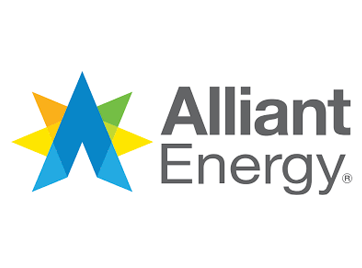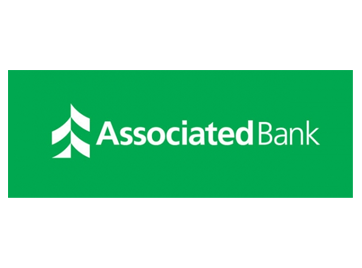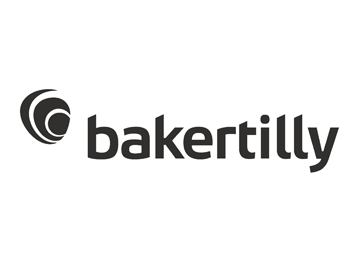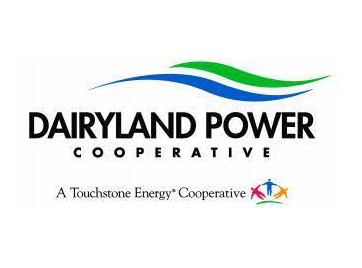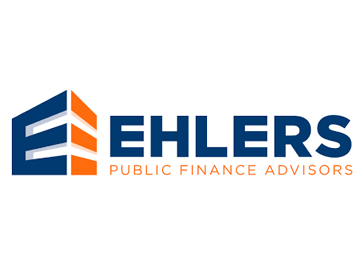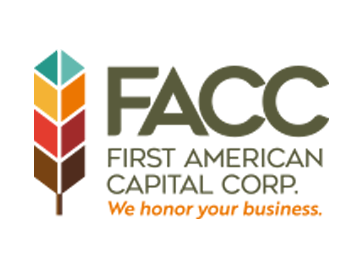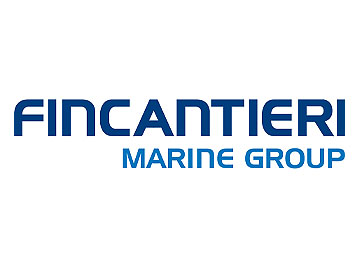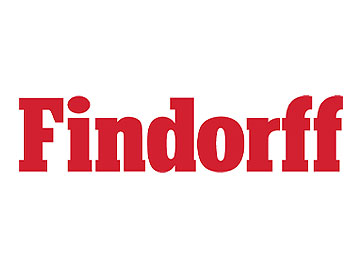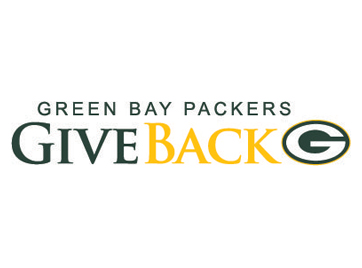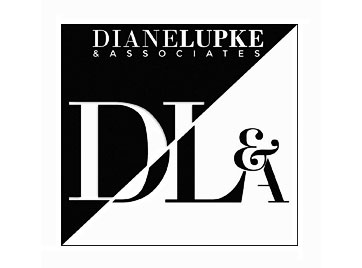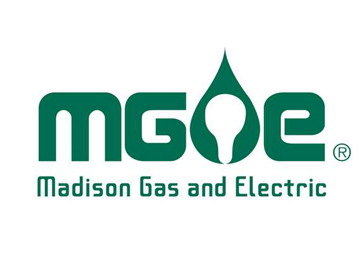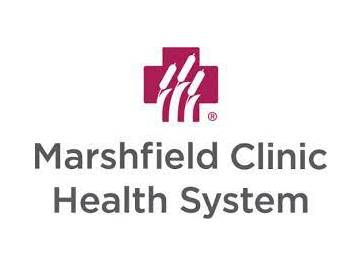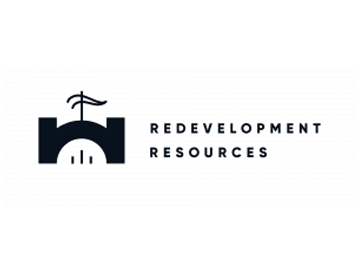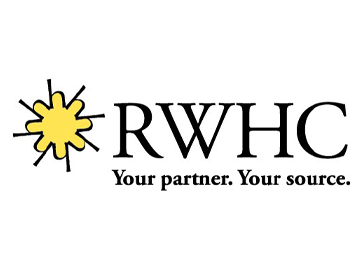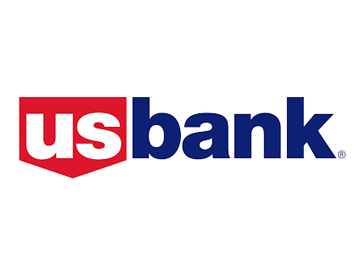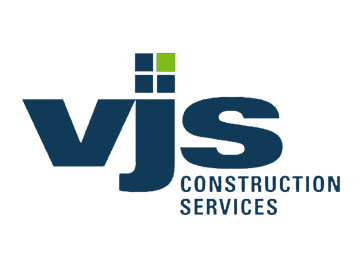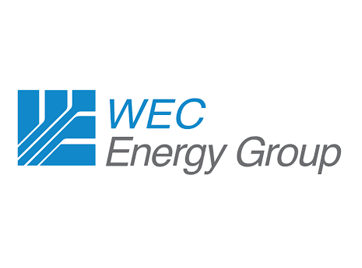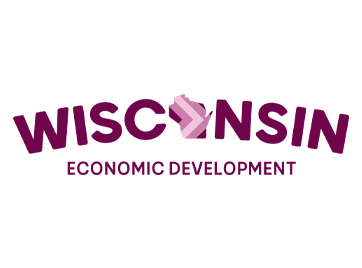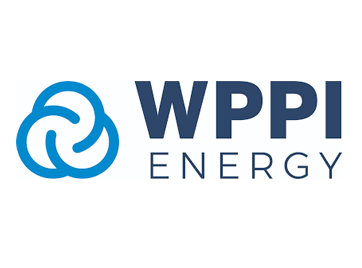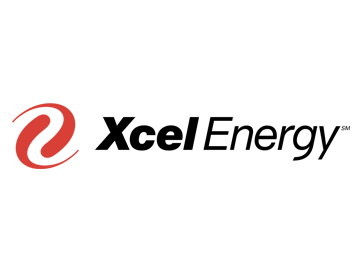WEDA submits comments on proposed CDBG-CLOSE program
The public comment period on the WI Department of Administration’s proposed CDBG-CLOSE program to close-out all Revolving Loan Funds (RLF) has recently ended, but not before WEDA submitted official comments to express our members’ thoughts, concerns and recommendations regarding the proposal.
Under the proposed CDBG-CLOSE program, local communities will be required to return all locally held Economic Development Revolving Loan Funds as well as current ED-RLF accounts receivable to the state. Those funds will then be held for communities for non-competitive grants for economic development projects.
According to DOA, the CLOSE program is “designed to provide the necessary regulatory and financial flexibility for communities to address local needs while simultaneously addressing the U.S. Department of Housing and Urban Development’s (HUD) concerns regarding Revolving Loan Funds.”
In our comments to DOA, WEDA expressed appreciation for the thoughtful design of the proposed CLOSE program to address concerns raised by HUD and to provide an avenue for communities to recapture returned RLF funds to advance local economic development projects. However, our comments also expressed concern about the abrupt shift in policy under CDBG-CLOSE and what the long-term impact will be on economic development in Wisconsin.
Ultimately, the heart of WEDA’s comments was to ask DOA to consider providing local communities with greater flexibility in closing out their RLFs. More specifically, WEDA recommended a modification to the draft CDBG-CLOSE program to allow local governments to consolidate their RLFs into a regional RLF managed by an approved and certified non-profit organization. This consolidation process, which is authorized under 105(a)(15) of the Housing and Community Development Act, would “defederalize” a community’s Revolving Loan Funds and ensure greater use of the funds to meet the needs of Wisconsin businesses.
WEDA will continue to work with DOA and monitor further development of the CDBG-CLOSE draft plan before it’s finalized and submitted to HUD for approval. In fact, DOA is currently considering several changes to the draft plan, including two important provisions that could: 1.) Allow some communities to keep and defederalize their RLFs; and 2.) Allow communities who are able to repay their RLF accounts receivable balance to recapture additional funding in non-competitive grants.
For additional information on the proposed CLOSE program, or if you have any questions on the draft plan or the potential changes to the plan being considered by DOA, please contact the WEDA office at weda@weda.org.
CDBG-CLOSE Overview:
Under the CDBG-CLOSE program, which requires HUD approval, the state will:
- Establish a start date for the CDBG-CLOSE program. The target start date is October 1, 2018.
- At that time, local RLFs will be required to discontinue making new ED loans.
- The cash on hand balance as well as the loan receivables balance for any outstanding RLF loans will be paid back to the state within two years.
- Communities that cannot repay outstanding loan balances in the two-year window will assign the loan back to the state.
- Funds returned to the state will be held specifically for that community for a period of up to two years in the form of non-competitive grants for eligible CDBG projects, such as public infrastructure projects; housing projects; planning projects; public service projects; or economic development grants.
CDBG-CLOSE Resources:
Please keep in mind that DOA is open to working with communities to answer any questions about the proposed CDBG-CLOSE program. They have also scheduled one-hour conference calls through the end of July to answer any questions related to the CLOSE program. Please see below the remaining conference call dates and times:
- Friday, July 20 at 10 AM – Call in number: 608-282-3511
- Wednesday, July 25 at 9 AM – Call in number: 608-282-3511
In addition to the above-referenced conference calls, DOA is also planning to schedule regional meetings across the state in August. WEDA will share information on those regional meeting as we learn more details.


